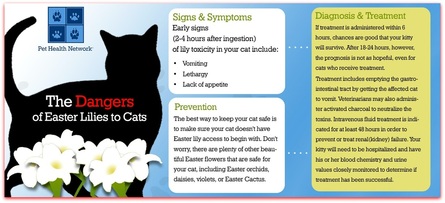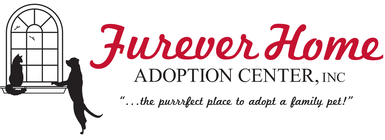 March 20-26, 2016, is National Poison Prevention Week. And here at Furever Home, we want to help you keep your cats, dogs, rabbits and all other pets safe. First and foremost, always have your vet’s phone number handy. There is also a national hotline you can call: 855.764.7661. You can learn more on their website www.petpoisonhelpline.com. This site also includes a very detailed list of items that may be harmful to your pets, such as some common household items:
If your pet accidentally ingested something harmful, it could take twenty minutes up to a few days for them to begin showing a sign. And, as the weather gets warmer and people begin spring cleaning and opening windows and spending time outside, the danger increases. How to Keep Your Pets Safe
What to Do if Your Pet is Accidentally Poisoned
What Not to Do
Questions? Let us know in the comments section.
2 Comments
Leave a Reply. |
Archives
October 2023
Categories |
Donate Here |
Contact Us717-560-6400 |
